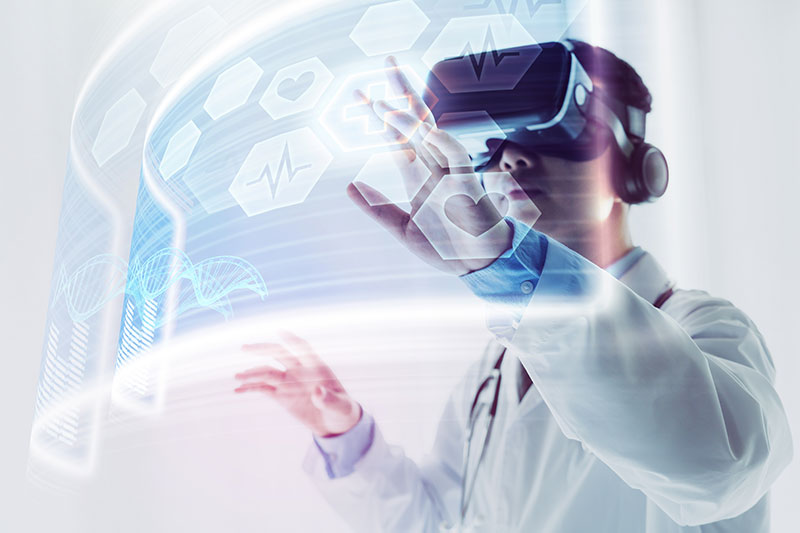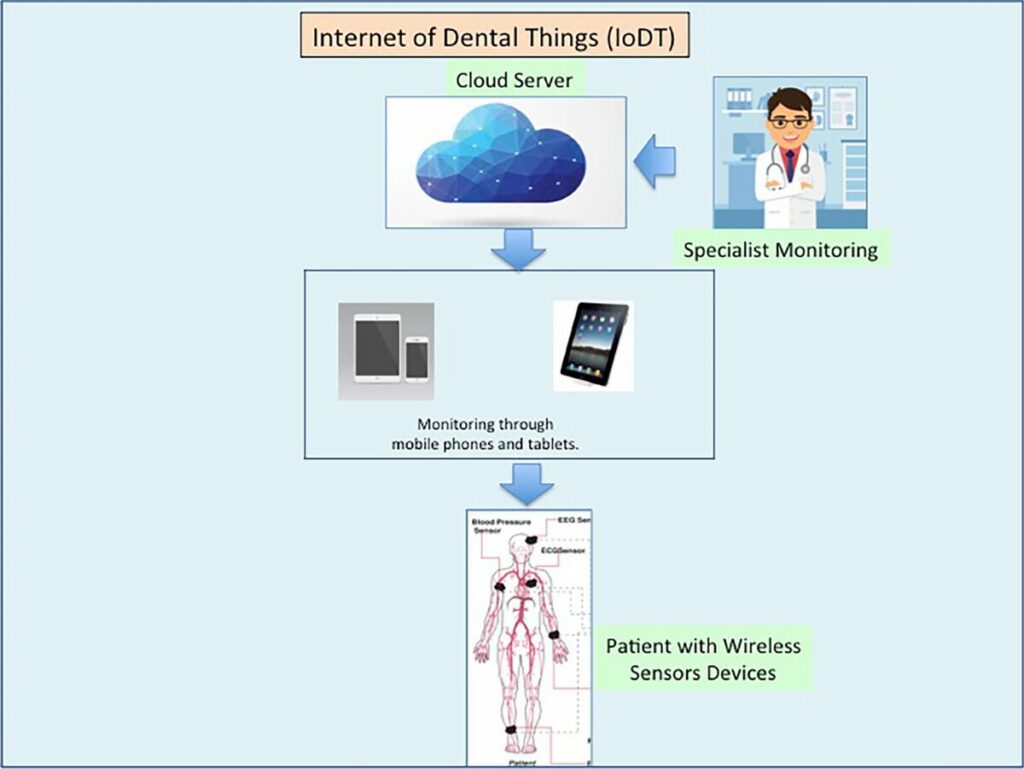In recent years, the integration of Internet of Things (IoT) technology into various aspects of healthcare has led to groundbreaking advancements. From remote patient monitoring to personalized treatment plans, IoT is transforming the way we approach healthcare. In the field of dentistry, this technological revolution is particularly evident in the development of connected devices aimed at enhancing home oral care routines.

One of the most significant contributions of IoT to oral health is the creation of smart toothbrushes. These innovative devices are equipped with sensors and connectivity features that track brushing patterns, pressure exertion, and duration of brushing. By syncing with smartphone apps, smart toothbrushes provide users with real-time feedback and personalized recommendations to improve their brushing technique. This not only ensures thorough cleaning but also helps prevent common dental issues such as cavities and gum disease.
Moreover, IoT-enabled toothbrushes often come with gamification features, turning oral hygiene into an interactive and engaging experience. For children, in particular, these gamified apps make brushing fun and educational, instilling healthy habits from a young age. Parents can monitor their children’s brushing habits through the app, reinforcing positive behavior and guiding them towards optimal oral health.

Beyond toothbrushes, IoT has also extended to other home dental care devices such as smart flossers and mouthwash dispensers. These devices offer similar benefits by providing personalized usage data and reminders to ensure consistent oral hygiene practices. For individuals with specific dental conditions or orthodontic treatments, IoT devices can be programmed to cater to their unique needs, offering tailored recommendations and reminders for optimal care.
The integration of IoT technology in oral health extends beyond individual devices to comprehensive oral care systems. These systems connect multiple devices and sensors to provide a holistic view of an individual’s oral health status. By analyzing data collected from various sources, such as toothbrushes, flossers, and even dental implants, these systems offer valuable insights to users and their healthcare providers. This proactive approach to oral health management allows for early detection of potential issues and timely interventions, ultimately leading to better outcomes and reduced healthcare costs.
Furthermore, IoT-powered oral health platforms enable seamless communication between patients and dental professionals. Users can securely share their oral health data with their dentists, allowing for remote monitoring and virtual consultations. This not only enhances convenience for patients but also facilitates proactive interventions and personalized treatment plans based on real-time data.
In conclusion, IoT technology is revolutionizing home oral care by empowering individuals to take control of their oral health and facilitating collaboration between patients and dental professionals. With smart devices providing personalized feedback, gamification features making oral hygiene fun and engaging, and comprehensive systems offering holistic insights, the future of oral healthcare looks promising. As IoT continues to evolve, we can expect further innovations that will revolutionize the way we care for our teeth and gums, ultimately leading to healthier smiles and happier lives.







Leave a Reply